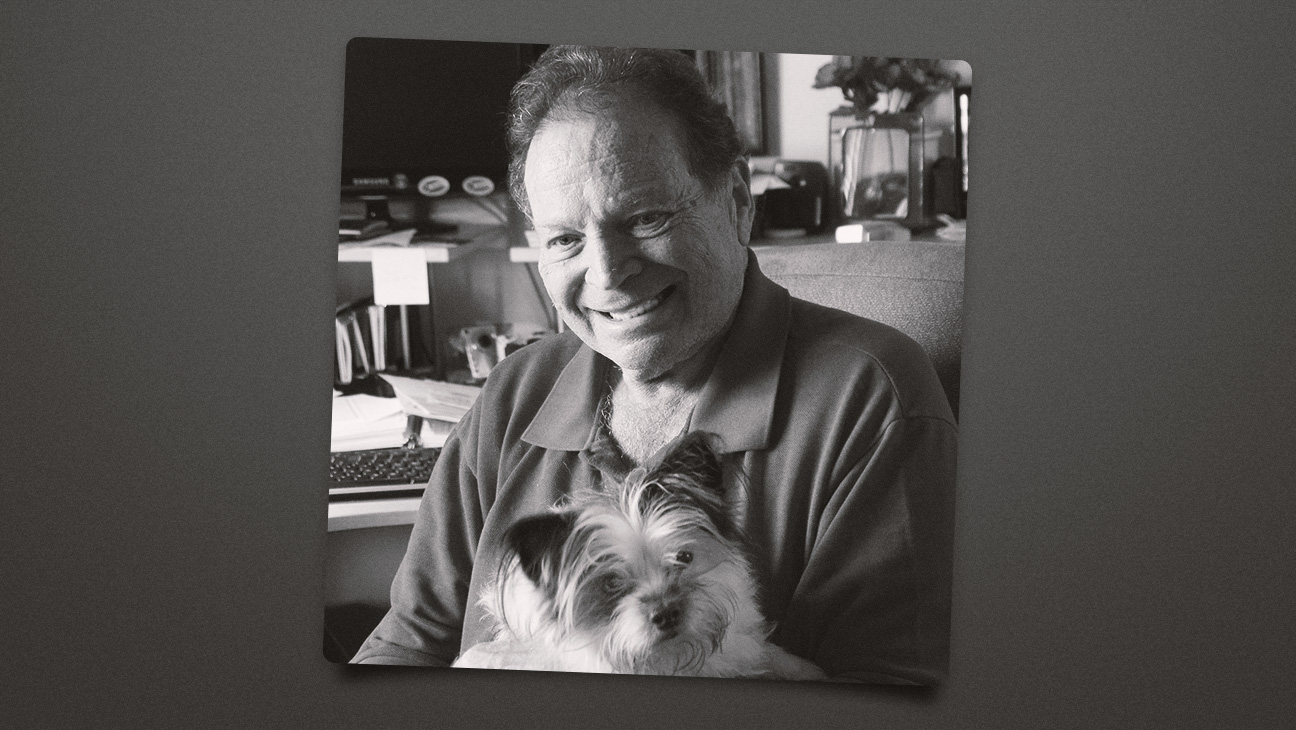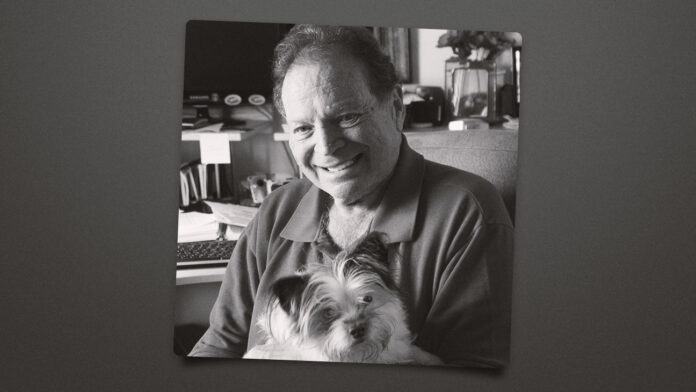## A Legacy of Storytelling: Director Harvey Laidman Passes at 82
For decades, Harvey Laidman’s name may not have graced the marquee, but his vision shaped countless beloved television moments.
From the heartwarming, wholesome world of “The Waltons” to the sharp wit and legal intrigue of “Matlock,” Laidman’s directorial touch brought characters and stories to life, etching themselves into the hearts of generations of viewers.

Remembering Harvey Laidman: A Life Dedicated to Storytelling
The television landscape mourns the loss of Harvey Laidman, a director whose career spanned decades and left an indelible mark on some of the most beloved shows of the past century. Laidman, who passed away on January 3rd at the age of 82, was known for his keen eye for character development and his ability to guide actors to deliver nuanced and memorable performances. His dedication to storytelling, coupled with a deep understanding of the evolving television landscape, cemented his place as a respected figure in the industry.
A Director’s Journey Through Television’s Golden Age
Laidman’s path to the director’s chair was a testament to his unwavering passion for filmmaking. His journey began with humble beginnings as an assistant director, honing his craft on notable films such as “Airport” (1970), “Red Sky at Morning” (1971), and “Slaughterhouse-Five” (1972). This early exposure to the complexities of filmmaking laid the groundwork for his future success.
His transition to television directing was marked by his tenure on “The Waltons,” a series that captured the hearts of millions. Serving as an assistant director and unit production manager during its second and third seasons, Laidman gained invaluable insights into the series’ unique storytelling style. This experience paved the way for his eventual ascent to director, where he helmed 11 episodes from 1975 to 1981, contributing significantly to the show’s enduring legacy.
Laidman’s talent and versatility shone through his diverse body of work. He directed episodes of acclaimed series like “Scarecrow and Mrs. King,” “Matlock,” and “7th Heaven,” showcasing his ability to adapt to different genres and tones while maintaining a consistent focus on compelling storytelling.
Legacy on Beloved Series: Impact on the Shows and Their Fans
Laidman’s contributions to these iconic series resonated deeply with audiences. His ability to bring out the best in actors and to create emotionally resonant scenes is evident in the enduring popularity of the shows he directed. Fans of “The Waltons,” for example, often cite his episodes as some of their favorites, praising his ability to capture the warmth and authenticity of the show’s world.
His work on “Matlock,” a legal drama that captivated viewers for over a decade, further solidified his reputation as a skilled director. Laidman’s episodes are remembered for their tight pacing, witty dialogue, and compelling courtroom scenes.
Behind the Scenes: Laidman’s Craft and Vision
Directing Style: A Focus on Character and Story
Laidman’s directing style was characterized by his unwavering focus on character development and story integrity. He believed that the strength of a scene lay not just in the dialogue, but in the nuanced performances of the actors and their ability to convey the complexities of their characters.
Collaborating with Actors: Building Relationships and Inspiring Performances
Laidman was known for his collaborative approach to directing. He fostered strong relationships with actors, creating a safe and encouraging environment where they felt empowered to take risks and deliver their best work. His ability to connect with actors on a personal level allowed him to draw out their strengths and help them to fully inhabit their roles.
The Evolution of Television: Laidman’s Adaptation to Changing Times
Laidman’s career spanned a period of significant change in the television landscape. He witnessed the shift from filmed-on-location productions to studio-based shows, the rise of cable television, and the advent of digital technology. Throughout these transformations, Laidman remained adaptable, embracing new techniques while staying true to his core values of storytelling excellence.
Beyond the Screen: A Life of Passion and Learning
Education: From Electrical Engineering to Film Directing
Laidman’s journey into filmmaking was an unconventional one. He initially pursued a degree in electrical engineering, reflecting a pragmatic mindset and a desire to understand the technical underpinnings of the world. However, his passion for storytelling ultimately led him to USC, where he earned a degree in cinema. This diverse educational background likely contributed to his unique perspective as a director, blending technical expertise with a deep understanding of human nature.
Teaching and Mentorship: Sharing Expertise with Future Generations
Laidman’s commitment to education extended beyond his own formal training. He went on to earn a doctorate in education and taught science, later transitioning to film directing at Cal State Northridge. His dedication to sharing his knowledge and experience with aspiring filmmakers was a testament to his belief in the power of mentorship and the importance of nurturing new talent.
Other Pursuits: Amateur Radio and a Love for Dogs
Laidman’s interests extended beyond the realm of filmmaking. He was an active member of the amateur radio community, demonstrating a lifelong curiosity and a desire to connect with others through shared passions. His love for dogs was also evident, with his family sharing that he was a devoted owner to several canine companions throughout his life.
Conclusion
safe

